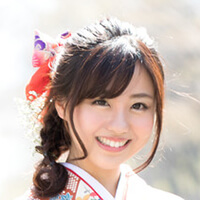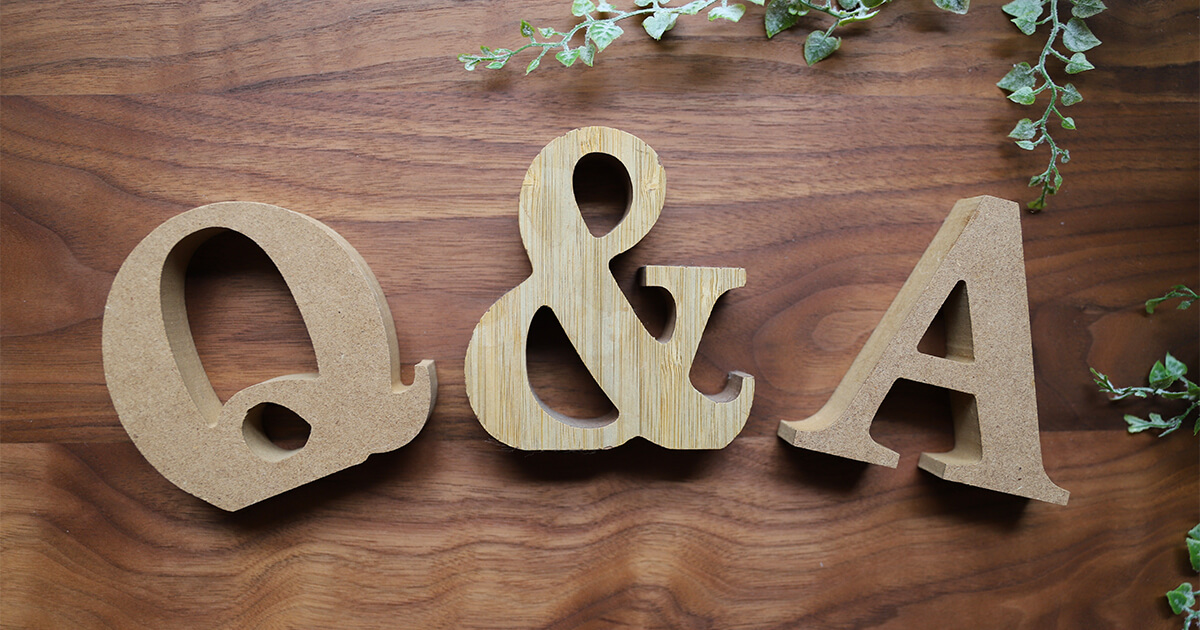
I just got to know a very nice Japanese girl and we went out for coffee on our first date. When I said “Sayoonara.” to her after our date, she smiled wryly and said “It sounds weird.” Why is that so? I thought “Sayoonara.” is “Good bye.”?
Answer by Japanese teacher

▼Casual occasion
(1)Bai bai. バイバイ。 Bye bye.
(2)Matane. またね。 See you.
(3)Jyaane. じゃあね。 See you.
▼Classroom setting
(1)Sayoonara. さようなら。 Good bye.
▼Formal setting
(1)Shitsuree shimasu. しつれいします。 I’ll take my leave.
Explanation
Many foreigners think that “Sayoonara.” is the word to use when saying good bye in Japanese. “Sayoonara.” is indeed “Good bye.” but in fact, Japanese people do not say “Sayoonara.” for all occasions, and nor is “Sayoonara.” suitable for all occasions.
“Sayoonara.” is often used in a classroom context, between a teacher and student and among students. It can also be used toward children. However, “Sayoonara.” also has the meaning of “never going to see you again”. In dramas, a couple breaking up is often heard saying “Sayoonara” at the end. That explains your girlfriend’s reaction when you said “Sayoonara.” after your date.
To say “good bye” in a casual manner to your friends, you may wish to use “Bai bai.” (bye bye) or “Mata ne.” (see you). In a business context, you may use “shitsuree shimasu.” (I’ll take my leave) when saying “good bye” to your customer, superior, or colleagues.
In short, consider your relationship with the other party before using “Sayoonara.”.





